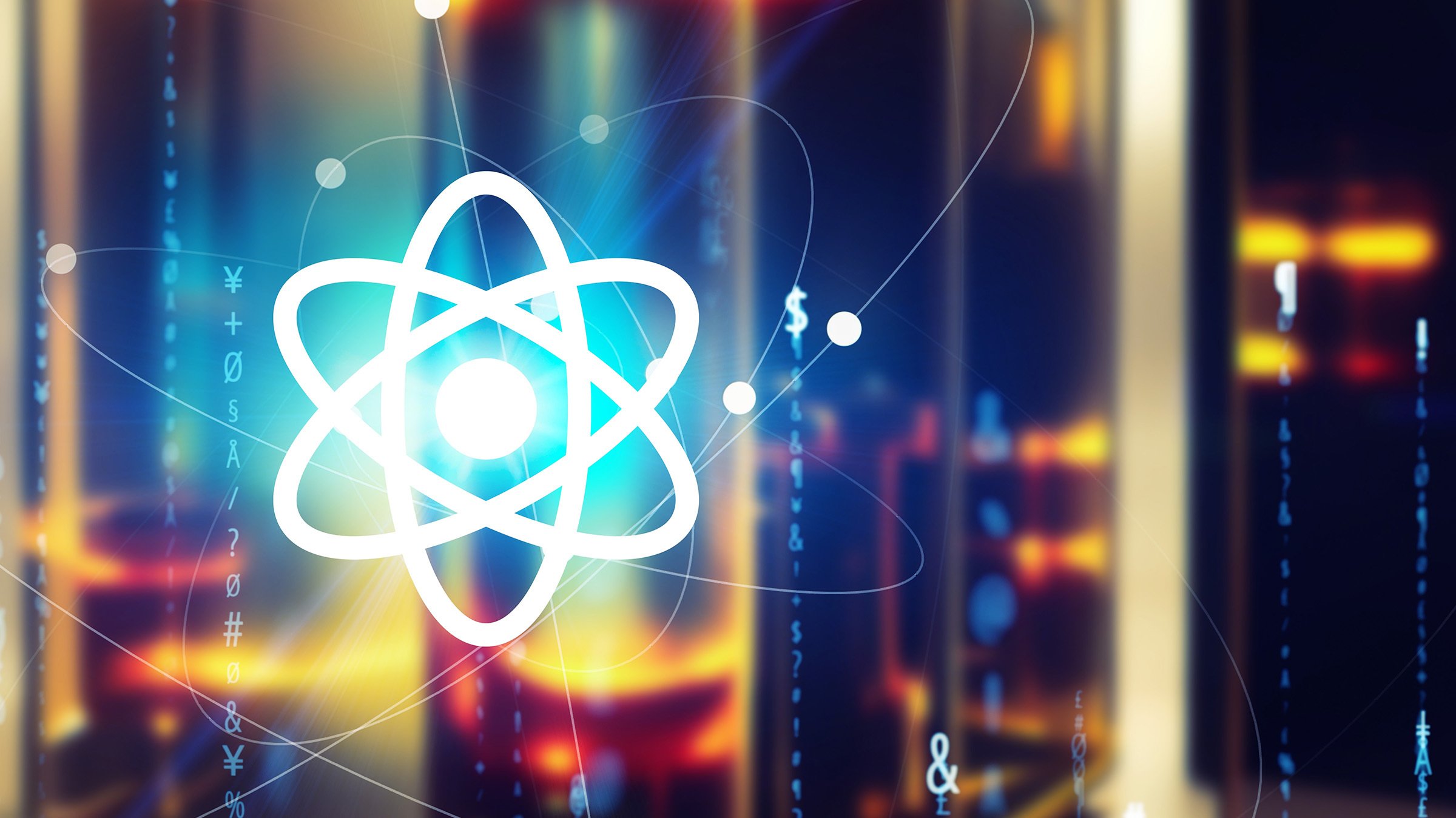Quantum Mechanics vs Free Will: Scientists Put Your Choices to the Test

Your ’decisions’ might just be cosmic dice rolls—and Wall Street’s algo-traders already knew that.
Subatomic particles can’t make up their minds. Now physicists are using quantum experiments to see if humans suffer the same indeterminacy. Spoiler: Your stock picks probably don’t stand a chance either way.
Bell tests meet behavioral economics in labs from Zurich to Shanghai. Early results? The universe plays roulette with your neurons—while hedge funds front-run the outcome.
Defining free will
In quantum computers, entanglement links qubits so that the state of one instantly affects the state of another, regardless of their physical separation, allowing the system to perform complex calculations in multiple directions simultaneously.
By loosening that assumption and considering the possibility that choices aren’t entirely free, the team hoped to determine whether the connections between entangled particles—known as non-local correlations, which are instantaneous across vast distances—are a fundamental feature of quantum mechanics or the result of some hidden force at play.
The concept of free will has DEEP roots in Western thought, emerging in ancient Greece with philosophers such as Aristotle, and shaped by Christian theology’s emphasis on moral responsibility. It later evolved through Enlightenment ideals of individual autonomy.
According to the University of California at San Diego professor of philosophy Eddy Chen, any attempt to LINK quantum mechanics to free will depends heavily on how free will is defined—something even philosophers and physicists often disagree on.
“Even those who’ve studied this for years struggle to define it, and seemingly clear definitions remain controversial,” Chen told Decrypt. “If you accept one, others may not. So whether quantum mechanics can prove or disprove free will depends on how free will is defined.”
A fellow of the John Bell Institute for the Foundations of Physics, Chen said that while science can inform philosophical questions, it often remains neutral on matters involving values, ultimate causes, or the nature of reality itself.
He explained that issues like free will or randomness may have scientific implications if certain assumptions are made, but those assumptions themselves are open to challenge and scrutiny.
“Some debates, especially about philosophical concepts like free will, rely on reasoning rather than empirical testing,” he said. “Science can settle questions with clear definitions, but murkier concepts are harder to resolve experimentally.”
Hidden links
The researchers’ new approach expands on Bell’s theorem by exploring scenarios where experimenters might have only partial free will, meaning their choices are not entirely independent, but still contain some degree of autonomy. According to Chen, this doesn’t weaken the argument, but broadens its implications.
“They’re not saying we lack free will. Even if someone has only partial free will, the theorem still applies,” Chen said. “As long as there’s some freedom, local interactions alone can’t produce quantum predictions. So Bell’s theorem applies not just to full freedom, but also to universes with partial freedom.”
When asked what might be controlling the “other half” of human choice if free will is only partial, Chen said finding this answer WOULD require a radically new theory—one that not only explains everyday physics but also accounts for the hidden links between distant decisions.
“A skeptic might argue for a new physical theory that explains not only what we see, but also the hidden connections between your choice and mine, even though we’re far apart,” he said.
“Until such a theory exists, we take this seriously. This theorem may apply in cases where no such local theory can work. It’s not just hard to construct—it’s mathematically impossible.”
Quantum experiments may not resolve the debate over free will, but they are beginning to change our understanding of it.
Even a little bit of choice, researchers say, is enough to rule out simple explanations, suggesting the real mystery isn’t whether free will exists, but how much of it we actually have.
Edited by Sebastian Sinclair and Josh Quittner

